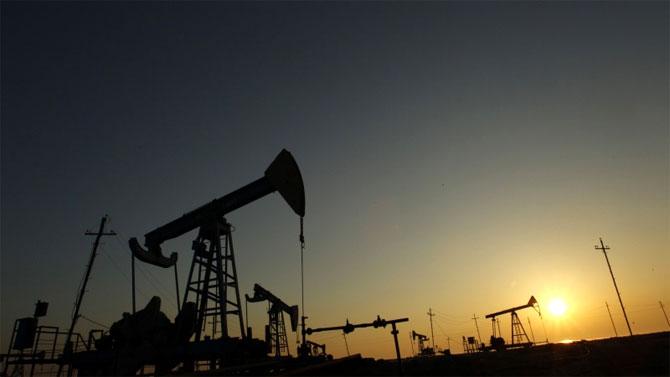Experts say local demand, government policies in retail and refining sector are attracting foreign players.

With Saudi Aramco planning to pick 20 per cent stake in the oil-to-chemical business of Reliance Industries (RIL), India’s downstream oil and gas sector is fast turning out to be a hotspot for global corporate entities.
Saudi Aramco’s announcement comes almost a week after RIL and BP Plc decided to extend their oil and gas sector tie-up to the retail business.
RIL and BP are planning to form a new joint venture company that will include a retail service station network and aviation fuel business across India.
Besides BP and Saudi Aramco, in the recent past, India has seen a beeline of global bigwigs trying to get a share of the booming Indian market.
In the past few years, Russian giant Rosneft, French major Total, Abu Dhabi National Oil Company (Adnoc) and Kuwait Petroleum International (KPI) have also made entry into India.
The Indian government, too, on its part is looking to ease market access rules for retailing of auto fuels.
Experts say that while globally, the demand for crude oil and petroleum products are declining, India is one of the few remaining markets where demand of crude oil, petroleum products and petrochemicals is on a rise.
“Oil producers want long-term offtake security.
"On the other hand, international oil companies are looking at India to be part of the integrated value chain in a growth market.
"They want to replicate their successes in the developed world in handling products like transport fuels, domestic fuels and value-added products,” said Deepak Mahurkar, partner and leader - oil and gas industry - PwC India.
According to a recent CRISIL report, the demand for auto fuels in India is expected to rise a moderate 5 per cent every year till 2023, while after that and up to fiscal 2030, it is projected to abate to 3.8 per cent.
On the other hand, the petrochemicals sector is also expected to grow at an annual rate of around 8 per cent in India with the country turning into an export hub.
“The local demand is definitely helping attract global investors, while government policies in the retail and refining sector are giving a push to foreign interests,” said Anshuman Agrawal, manager (downstream), of US-based consulting firm Stratas Advisors.
An estimate by the Boston Consulting Group (BCG) states that India is likely to see investments to the tune of around Rs 1.43 trillion in the refining sector.
This excludes the $44-billion West Coast, for which Saudi Aramco and Adnoc have already tied up with oil marketing companies.
The Russian entry into the Indian market happened two years back. Rosneft had acquired 49.13 per cent stake in Essar (now Nayara Energy) in August 2017 for over $ 12 billion.
The other major shareholders in Nayara Energy include Trafigura Group with 24.5 per cent, United Capital Partners with 24.5 per cent and Essar Group with 2 per cent stake.
The Adani Group and French energy major Total SA had decided to enter into a tie up for retail business in October 2018.
The duo has plans to open 1,500 outlets to supply compressed natural gas (CNG) and develop various liquefied natural gas (LNG) projects.
Nabeel Bourisli, chief executive officer, Kuwait Petroleum International, had said last year that his company, too, was likely to invest in an Indian refinery.
Last year, Taiwan’s state-run petroleum major China Petroleum Corporation Taiwan (CPC Corp) had also shown interest in coming up with a Rs 40,000-crore petrochemicals park in India.












 © 2025
© 2025